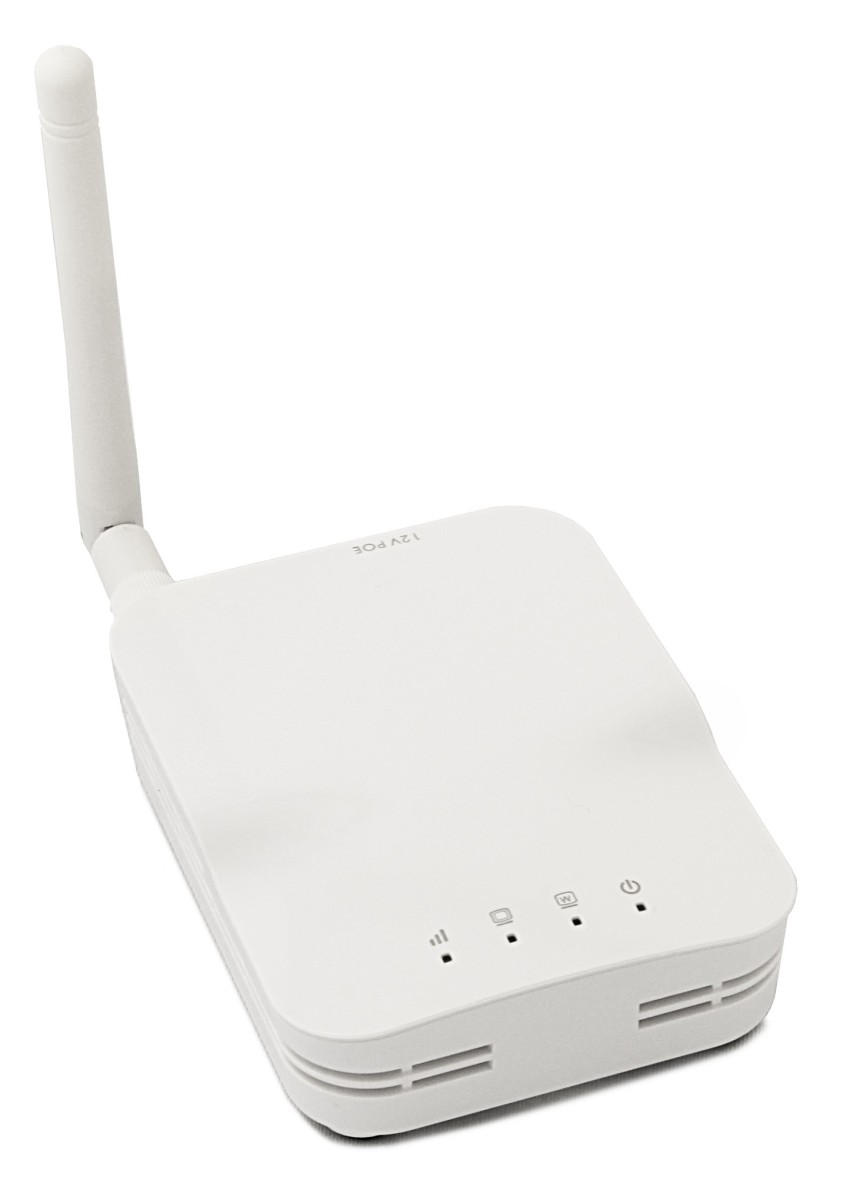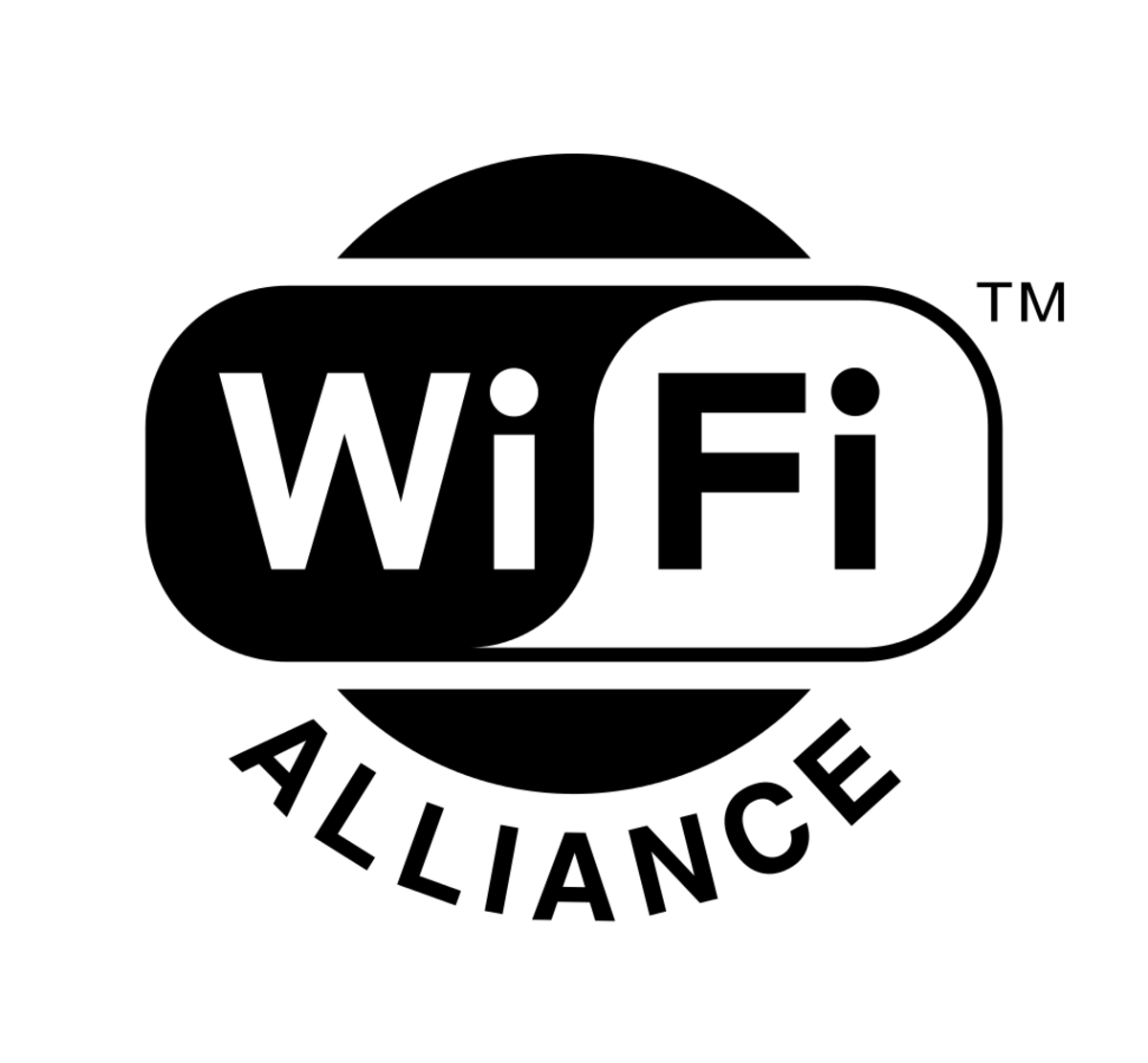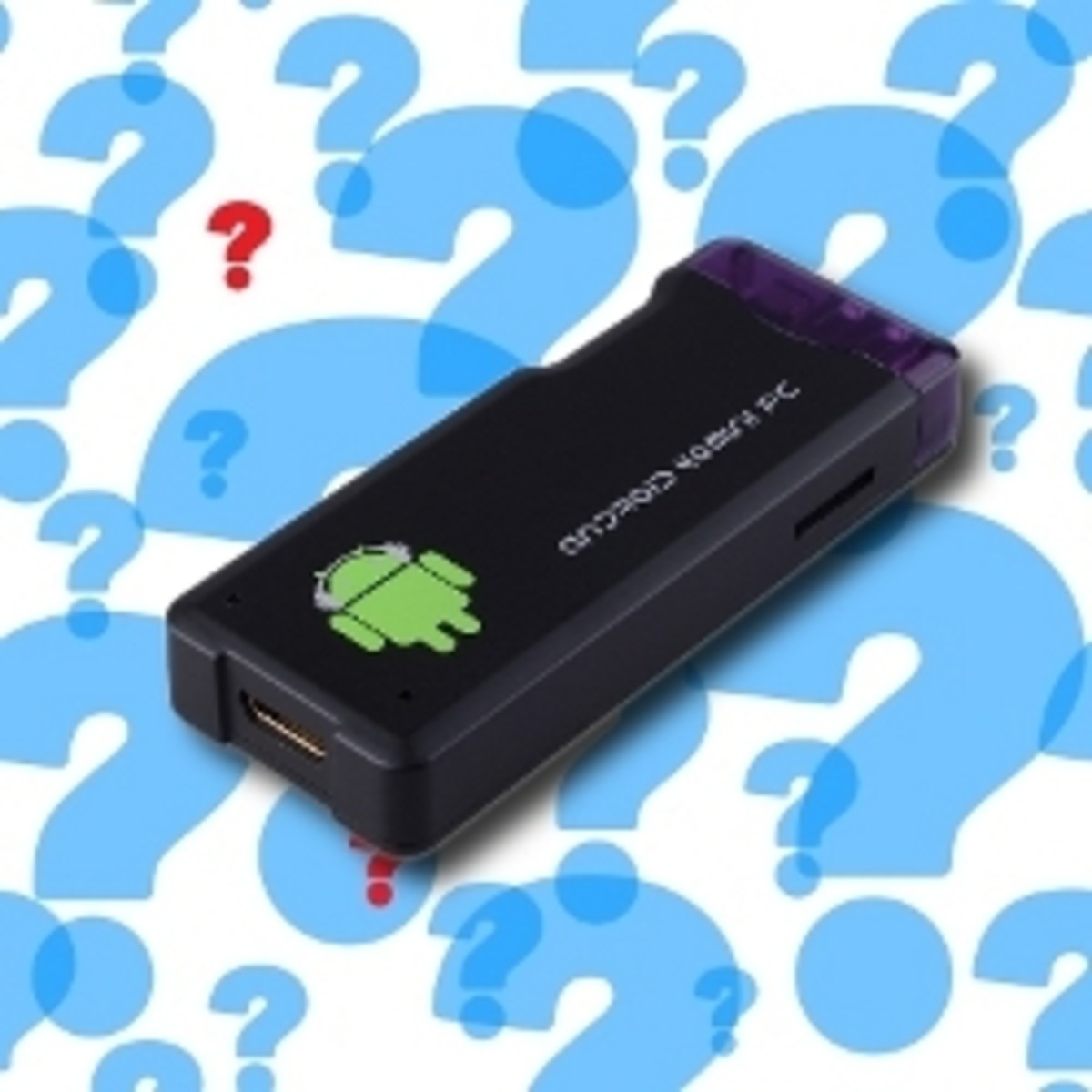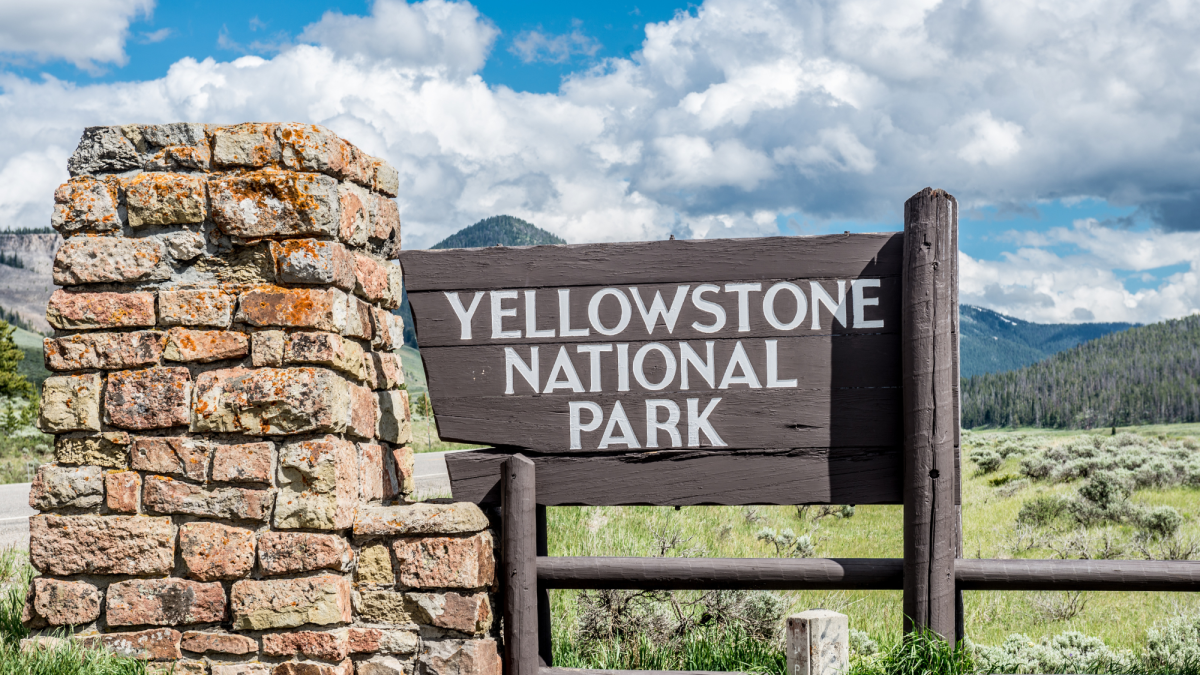How Your RV and Campground Internet/Wifi Systems Work.
A Simplified Web-Internet System for RVs
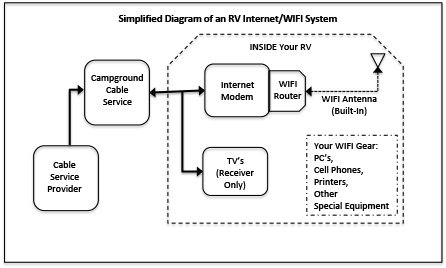
The INTERNET in an RV
There is one undeniable fact about Internet access in your RV. You can only LEGALLY and economically acquire access to the Internet through; Telephone Lines, Cable Providers, Satellite transceivers, or a HotSpot system.
There ARE NO OTHER LEGAL WAYS TO GAIN ACCESS to the Internet across the country.
Campground Web Service for your RV
When you pull into a Campground you will often find that they have at least a minimal cable system that provides the campers with basic TV service.
On the other hand, the better campgrounds will also provide access to the web for their customers.
The problem for the traveling RV owner is that there are some campgrounds that provide absolutely no Cable or Internet access. Add to the problem for RV owners is the fact that most campgrounds around the country will provide different levels of data services such as;
- Internet service and TV service via cable,
- WIFI service via private campground WIFI systems,
- WIFI service only at the campground office.
Check out the provided diagram as a reference as we describe how you can get web service to your RV.
As you can see, the diagram shows a typical RV system with campground cable attached.
Hopefully this article will be a simple and clear description of the parts used to get WIFI into your camper, or even in your home.
Campgrounds with Site WIFI providers
Many campgrounds will provide either free WIFI service or WIFI for a Fee service for their customers.
With either of these systems, you do not need any kind of MODEM/Router equipment to receive and use the campground system.
That is, if the campground WIFI system provides enough signal level to your campsite so that your personal equipment can receive the signal and operate properly. In today's world of SmartPhones I don't think I have to explain this problem for most people.
I will not get any further into any more "tech talk" than I have to, so just accept that WIFI signals are very low.
Let me just say that WIFI signal can only reach so far and this distance is dependent on whether you are talking about receiving a good signal over "open air" or whether you are talking about receiving a good signal inside where there are walls and such, or outside where there are buildings and trees.
WIFI Signal range
The max. useable distance for "open air" signal is around 300-feet, while this useable distance for non-"open air" conditions is around 150-feet.
But remember these are idealized numbers and the distances could be significantly lower.
Campground WIFI, Free and Commercial providers
The management of many campgrounds, typically the older ones are are not always very reactive of their customers needs and try to get away with only providing WIFI to their customers at the lowest possible cost to them.
Free WIFI -
I have stayed at enough campgrounds to tell you, with some confidence, is that when you see that a campground has free WIFI this means they have their own WIFI equipment that was installed for their office use, but they will have one or more user address' that they will let campers use if they are willing to go up the campgrounds office/lounge area and use their system there.
Ok, OK, I understand, this is not very convenient, but I have stayed at such campgrounds and I would just use my PC without WIFI and then once a day, I would go up to the office and upload my emails or whatever to and from the web. This is not convenient, but, at least is access, only very limited access.
Contractor WIFI providers -
This is becoming the most popular WIFI service for campgrounds to provide.
These providers are companies that have the staff to go to a campground and install repeater towers throughout the campground where every (or most) campers have enough signal strength to use the provided WIFI signal in their camper.
Contract provider WIFI problems'
- You must pay a usage charge for access that will typically be broken down to charges for 2-days, 1-week, 2-weeks, or 30-days. The 30-day charge is often around $25-$30.
- The campground does nothing for any problems you may have, they will just tell you to call the contract provider.
- The contract provider I have contacted are invariably not very supportive and often will never call you back if you have a problem that the campground did not already have contacted them about.
- The signal you get around the campground will "holes" where you personally cannot receive adequate signal, but other can.
- There are several of these campground contract providers who actually have enough campgrounds in sections of the country that some campers will sign up with them just so they can avoid having to go through the "sign up" process as they travel.
WIFI equipment federal requirements.
WIFI equipment must operate to a federal data protocol called 802.11 This 802.11 version can be either 802.11a, 802.11b, 802.11c, etcetera and the signal level transmitted is restricted by Federal law to only transmit a very low signal level for receivers.
Install a WIFI Booster/Repeater on your Campsite
Many savvy campers will have a home WIFI Booster/Repeater in their camper that they can often use to "kick up" the WIFI signal at their campsite if it is weak.
In homes, you may have good service in most of your house, but in some areas or even in the backyard you may not have enough signal.
That's why these Boosters exist, you can place one halfway between your existing WIFI equipment and the place where you have a weak signal. Then, this booster will usually extend the range of signal to those other areas in your home.
This can also work for a camper which has a weak signal in their RV and will often boost it up so that everyone at your site can then use it.
Thes Boosters are relatively cheap and can usually be picked up for around $40-$70 each. Just remember that the device has to get power from a 110-VAC receptacle somewhere so this can restrict where you may place one.
Using a Booster Outside
NOTE: Some campers will hang one of these Boosters on a tree limb or their Camper's roof so they can get a better signal.
Remember most of them are not designed for outdoor use. but a plastic bag can temporarily resolve that problem for you.
WIFI 2.5-MHz & 5.0-MHz channels
WIFI transceivers operate on two channel frequencies; 2.5-MegaHertz and 5.0-MegaHertz. Having two channels at different frequencies allows more devices to use the one transceiver at one time.
Campgrounds with Cable Web Access and TV
Probably the most popular campgrounds around the country are the ones who have cable TV access at each of their campsites.
These cable systems are the same cable technology as what you have at your home.
The great thing about these cable systems is the fact that the campgrounds can also provide web access to the campers along with the cable Tv signal over the same cabling system.
They do have to install certain special equipment in and around their campground to do this, but, they do charge an extra fee for this combination of services.
Using your Own Modem/Router in your RV
When you want access to this web service in your RV, you will either need to rent or already own a special piece of equipment called a Modem/Router.
A Modem decodes the Internet signal that is modulated with the cable TV signal on the campsite cable you connect to your RV, and the modem is capable of decoding this signal if you pay the campground for the use of their special code and login data.
Today, these modems also have the built-in electronics, often called a Router, that will use the decoded internet signal and then generate and receive standard WIFI transmissions over the air for your use in your RV.
There are several popular Modem/Routers which support certain protocols that almost every Internet provider requires in their systems. Because of the standardization of these protocols, I keep on of these modem/routers in my RV whenever I travel so that my RV is already wired for use if the campground has the appropriate system requirements.
The better models of these units may cost on average less than $200, while some with faster data speeds can cost even more.
Using your HotSpot web access
Then, there is one other relatively popular way to get a WIFI signal while camping.
It's called "using a HotSpot". SmartPhones are designed with the capability to act as a WIFI Router and then use your CellPhone data transmitter/receiver capabilities to connect your WIFI devices, such as your computer, to the internet.
All Cellular carriers offer what they call "unlimited Data", but actually, they will slow your data processing down after you hit a maximum data throughput using your SmartPhone as a HotSpot.
This limit is usually around 20-MegaBits. Once your carrier detects you have reached this limit, you can still use your HotSpot, but your data will slow down significantly, until the day your next billing period starts.
Most people don't use their Cell Phone's HotSpot capability because of this limitation, but it is very handy if you travel a lot in your RV and have to spend a couple of nights in a campground without any Internet or WIFI access.
An RV Internet System for full-timers
This content is accurate and true to the best of the author’s knowledge and is not meant to substitute for formal and individualized advice from a qualified professional.

